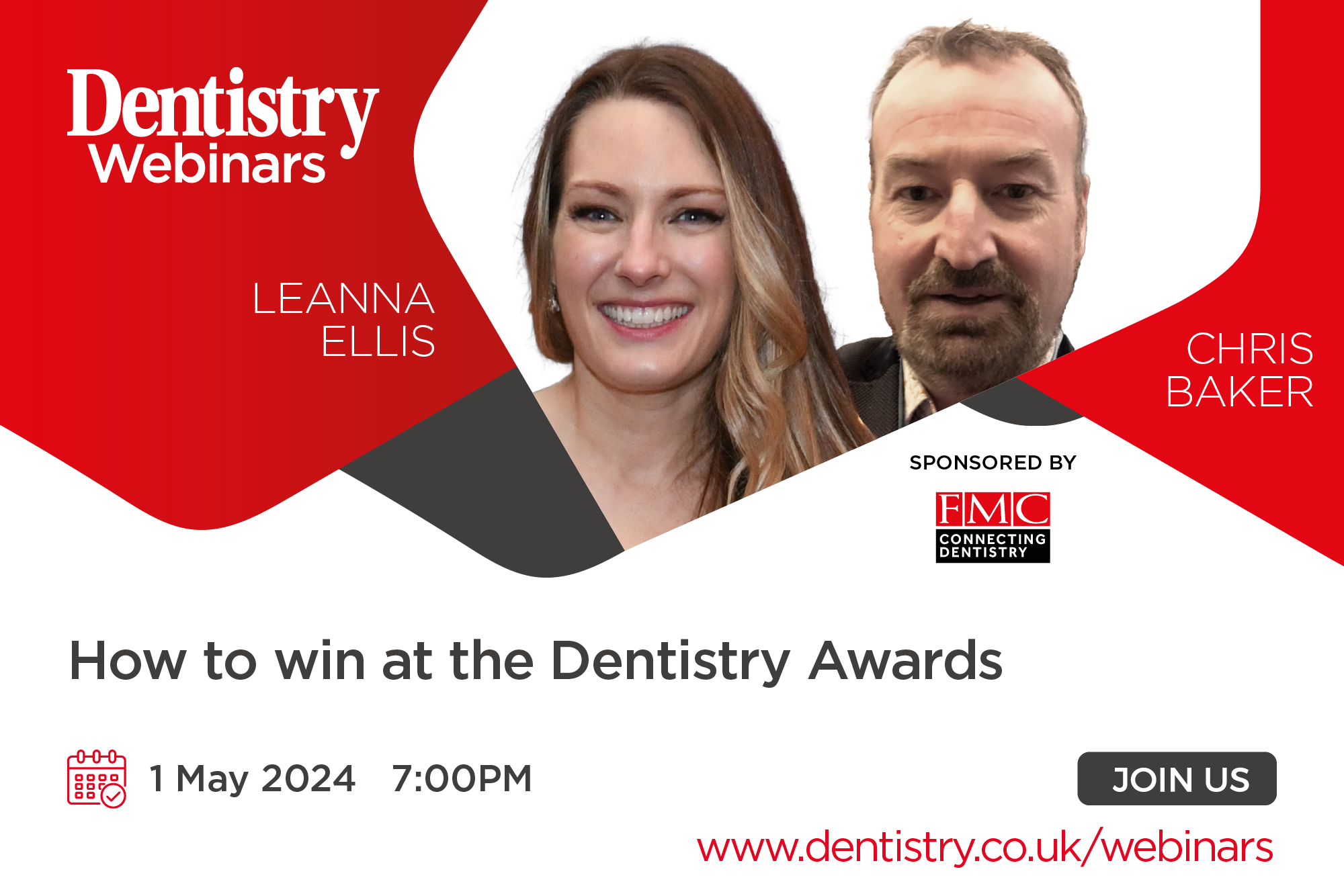
The General Dental Council (GDC) has said ‘no further action is required’ after reviewing past cases in light of the GDC versus Williams outcome.
Following the ruling of the Court of Appeal in the case of GDC v Williams that established ‘top-up’ fees are permissible under the NHS, the regulator considered whether the judgment had implications for the outcomes of previous fitness to practise cases.
According to the GDC, it reviewed 124 cases involving ‘top-up’ fees since the Contract Regulations came into force.
Having reviewed all the circumstances of the relevant cases and engaged the services of independent legal counsel, it said ‘no further action was required’. It said this was because ‘it was established that the outcomes in these cases did not depend on the interpretation of the Contract Regulations which was at issue in the Williams case’.
It added: ‘It is for the Department of Health and Social Care and NHS bodies in England, who have responsibility for the Contract Regulations and associated guidance, to consider necessary actions and communicate any implications for NHS dental charges to patients and dental professionals. ’
Case background
In May last year, the High Court found that NHS regulations do not forbid ‘top-up’ fees after the GDC struck off a dentist.
Lucy Jane Williams, the dentist, was charged with professional misconduct allegations, including charging ‘top-up’ private fees in addition to NHS charges. She had provided three patients with an NHS crown and offered a ceramic crown for an additional top-up.
The GDC’s Professional Conduct Committee argued that NHS regulations did not allow such mixing, that she had behaved ‘contrary to a fundamental tenet’ of NHS charging, and that she was dishonest. As a result, she was erased from the register.
After Williams appealed, the High Court confirmed that ‘top-up’ fees were permitted by the NHS regulations, and that mixing NHS and private treatment was allowed.
As a result, the judge found her removal to be ‘procedurally unfair’. He also found the NHS regulations to be ‘not at all straightforward’.
Follow Dentistry.co.uk on Instagram to keep up with all the latest dental news and trends.



